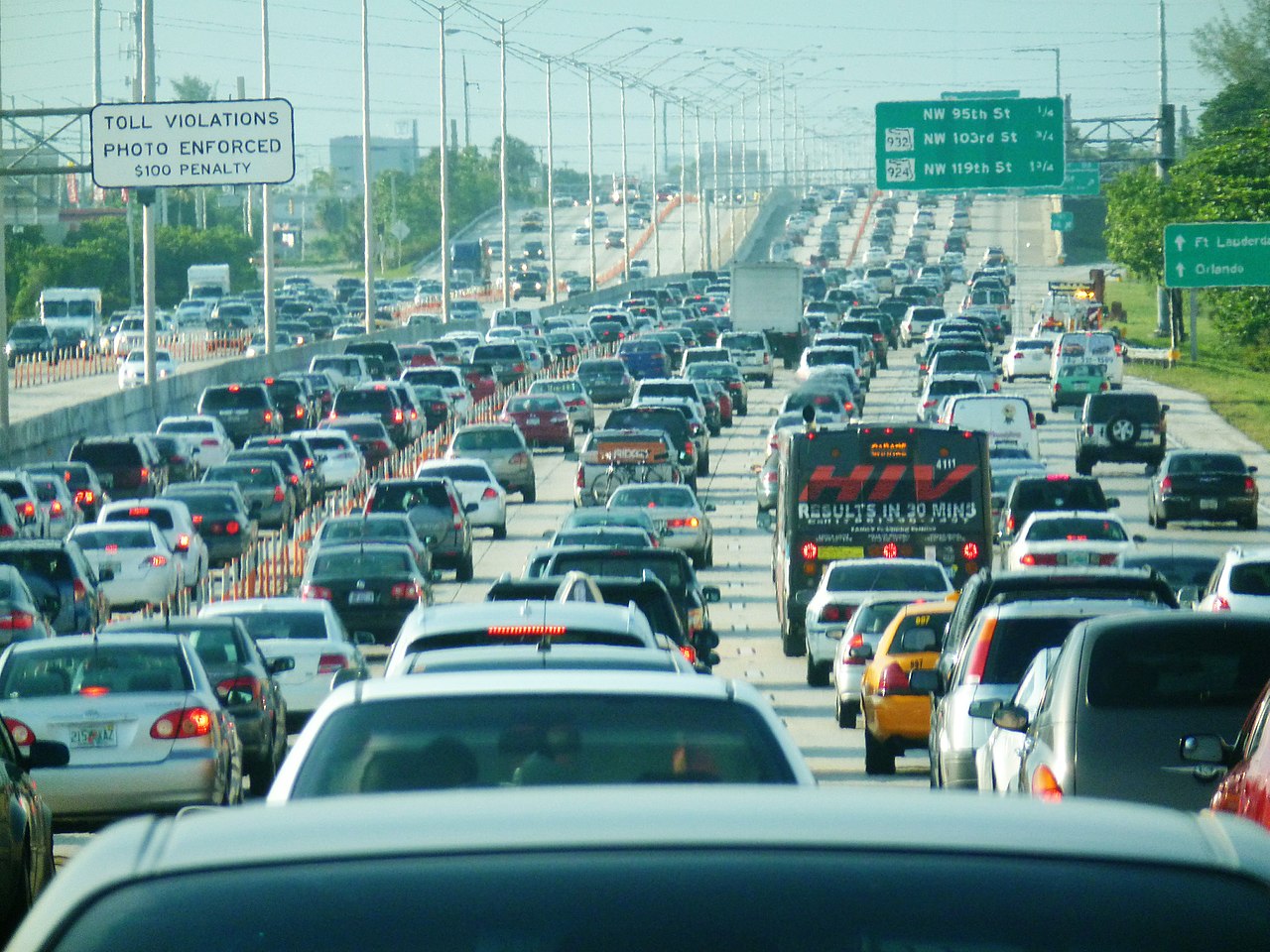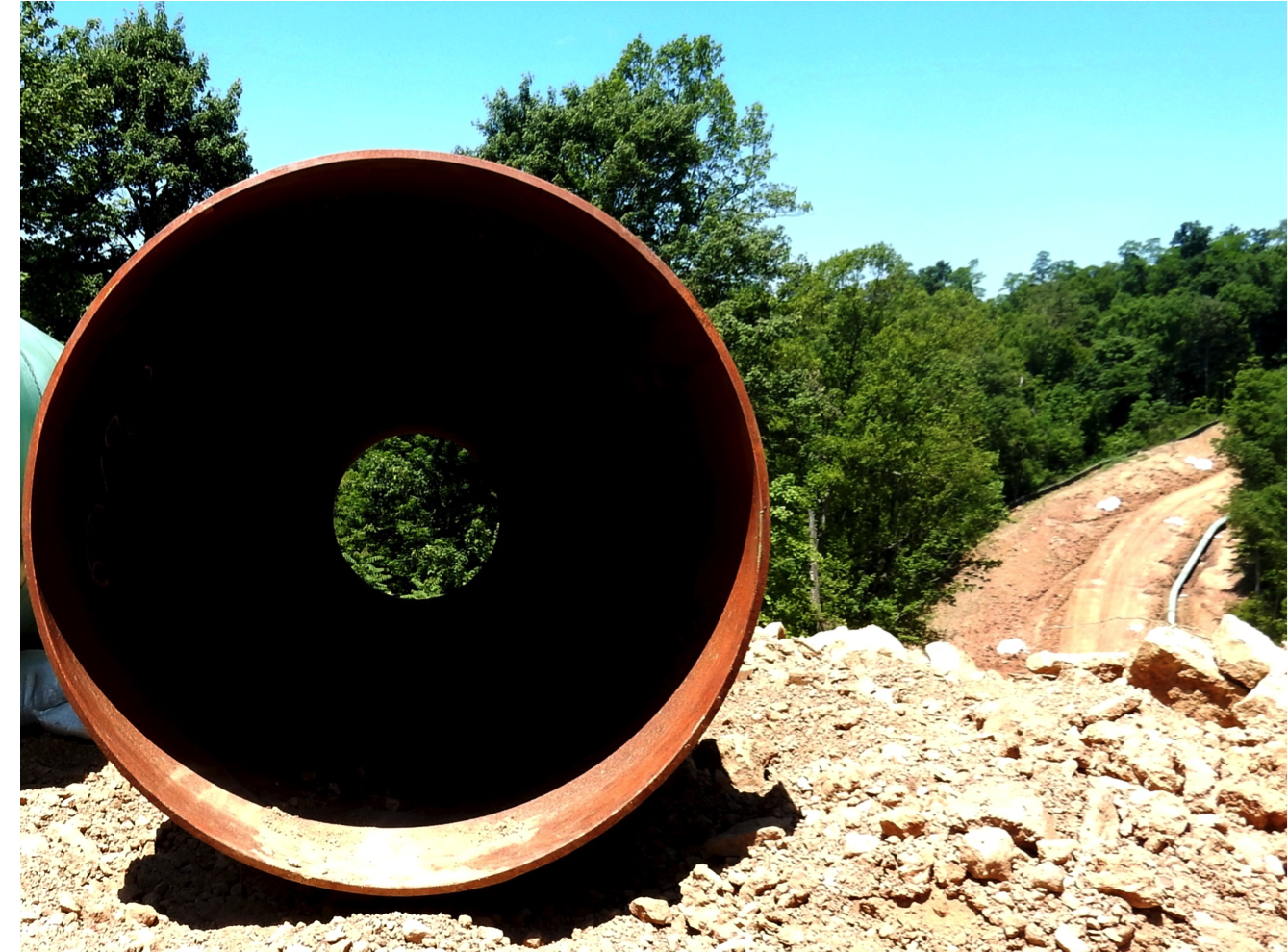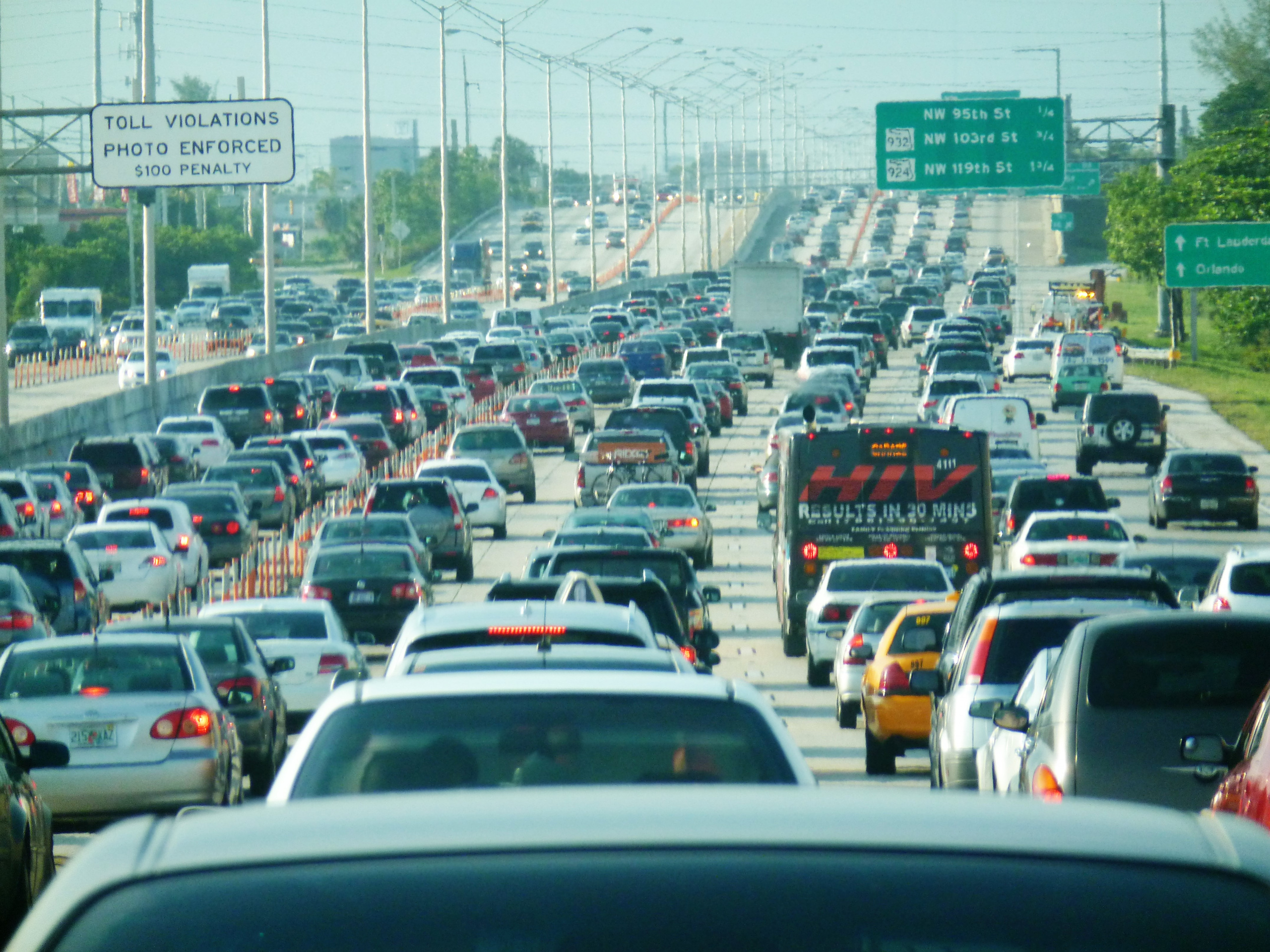
Fracking—Not Leaky Wells—Pollutes Drinking Water
A study published this week in the Proceedings of the National Academy of Sciences drew widespread media attention and headlines announcing that faulty well structures—not fracking—are to blame for polluted drinking water. That's taking a narrow view of the problem. The only reason these wells exist is to allow fracking. And there's no evidence that the oil and gas industry is able to consistently build wells that don't leak.
A study published this week in the Proceedings of the National Academy of Sciences drew widespread media attention, generating stories with headlines like these:
- “Tainted water in Pennsylvania, Texas from leaky gas wells, not fracking itself, study says,”
- “Duke scientists: Faulty wells, not fracking, contaminated drinking water in Texas, Pennsylvania,”
- “Casing cracks, not fracking, blamed for gas in water wells,” and
- “Study finds flawed well casings– not fracking– caused tainted water.”
These headlines that point the finger at faulty well structures for polluting drinking water and let fracking off the hook are taking a narrow view of the problem. The only reason these wells exist is to allow fracking. If fracking weren’t occurring—by which I mean using horizontal drilling combined with high-volume hydraulic fracturing, and all the associated steps of oil and gas production—then the wells wouldn’t have been drilled in the first place, and we’d have no leaks.
The study that has drawn so much attention provides one answer to how fracking contaminates drinking water supplies. By analyzing the isotopic fingerprint of gases found in tainted aquifers in Pennsylvania and Texas, the researchers (from Duke, Ohio State, Stanford, Dartmouth, and the University of Rochester) were able to determine that contaminants were entering the water through failing well structures, such as bad cement, faulty casings and underground well failure.
While this is the first research to document the exact mechanism by which gases are entering drinking water from fracking wells, the underlying findings of the study shouldn’t be surprising, because plenty of prior research and regulatory oversight has found high failure rates in wells. Essentially, after more than a century of drilling for oil and gas, the industry has yet to figure out how to make wells that won’t leak.
A 2003 study published in Oilfield Review discussed wellbore failures in onshore wells in Canada and Brazil, and in offshore wells in the Gulf of Mexico, Brazil, Ireland, Thailand and the United Arab Emirates. A variety of problems were identified as causing leaks, including corroded tubes, problems during well preparation, incorrect cement design, and later damage to cement. The researchers flagged that integrity problems in young wells are of particular concern because well failures increase with age. They noted that in offshore wells in the Gulf of Mexico, half of wells over 15 years old are leaking gas.
In Pennsylvania, a 2014 analysis of wells drilled from 2000 to 2012 revealed high failure rates. The researchers, from Cornell, UC Berkeley, and Physicians, Scientists and Engineers for Health Energy, examined Pennsylvania state inspection and compliance records for active oil and gas wells and estimated that 0.7 to 9.1 percent had compromised cement and/or casing. In Northeastern Pennsylvania, the impairment rate was even higher, averaging 12.5 percent. Analyzed by well type, shale gas wells were six times more likely to have problems than were conventional wells.
A 2012 examination of state inspection data for recently drilled wells in Pennsylvania showed that 6.2 percent of wells drilled in 2010 and 2011 showed compromised structural integrity, and 7.2 percent of wells drilled in early 2012 had problems.
The obvious conclusion is that wells fail. They fail at different rates in different places, but the oil and gas industry has yet to demonstrate that it can build reliable, durable wells. I’m sure they’d like to, but they haven’t figured out how. As a result, when a well is developed for fracking and subsequently pollutes drinking water, the problem isn’t simply that the well failed but that the well was drilled in the first place.
The solution is to quit drilling wells. Fracking cannot be done safely and with full protection of drinking water supplies. Though the authors of this recent study on well failures conclude that “determining the mechanisms of contamination will improve the safety and economics of shale-gas extraction,” their claim isn’t supported by the oil and gas industry’s decades-long inability to build safe wells.
Topics
Authors
Elizabeth Ridlington
Associate Director and Senior Policy Analyst, Frontier Group
Elizabeth Ridlington is associate director and senior policy analyst with Frontier Group. She focuses primarily on global warming, toxics, health care and clean vehicles, and has written dozens of reports on these and other subjects. Elizabeth graduated with honors from Harvard with a degree in government. She joined Frontier Group in 2002. She lives in Northern California with her son.
Find Out More

How much does American driving contribute to global climate pollution?

Op-Ed: ‘Permitting reform’ can’t mean more fossil fuels

High gas prices are a symptom of our dependence on oil. It’s time to cure the disease.

